I know several equestrians who have broken their neck and suffered worse pain and limitations than I have. This is the account of my own personal experience. Please note that my experience is not identical to everyone who has suffered a similar injury.
In late 2013, I fell and broken my neck.
I didn't go to the doctor or seek any medical attention for it immediately. I have a deep, deep, distrust of doctors and was afraid of what they would prescribe, and even more terrified of just how severe the injury might be.
The only thing I knew for certain, was that I had broken my neck. I could feel it, the most prominent bump on the back of your neck, it wasn't where it was supposed to be anymore.
When I first fell, I got up right away and just thought I felt stunned because I hit my head. It wasn't until 10-15 minutes after that I started to realize something was really wrong. I felt disoriented and had a pounding headache.
I drove home, approximately 20-minute drive, and by the time I got there I had lost all the strength in my arms and couldn't manage to open the door to my house alone.
I spent the next two weeks in bed, just sitting there all day, bearing through the pain. I had a constant migraine and severe muscle pain through my whole upper body. It hurt to turn my head and I couldn't lift anything, no matter how little it might weigh.
I can't take most over-the-counter pain medicine because of ongoing stomach issues. And the few times I've been prescribed muscle relaxers by doctors confirmed to me that I'd prefer to sit through the pain than relying on those to help.
Needless to say, I knew I wouldn't be riding horses anytime soon.
After two weeks, I got out of bed and started moving around more and trying to get on with my life. I was still in excruciating pain all the time, but it was more manageable. The immediate swelling in the back of my neck was starting to subside, and it hurt less when I poked and prodded at that bump in the back of my neck that was no longer where it was supposed to be.
I'm very lucky that I didn't suffer any nerve damage from the break.
It took me just over a year before I could confidently say that getting on a treadmill and walking a mile didn't land me in bed with a full blown migraine for days after.
Two years before I really felt comfortable lightly jogging.
Three years before I could do any kind of upper body workout, mind you still struggling with 5lb weights! Even still, there were times when I would start feeling over-confident, try a 7.5 lb weight, and end up crying in pain for a week.
It's now 4 years, and I'm comfortable saying that an upper body workout doesn't incapacitate me for a week afterward.
How Does a Broken Neck Change How I Ride Horses?
Significantly! You don't realize just how much you use your upper body every day with horses until you struggle to lift something that weighs only a few ounces.
Carrying a halter to catch my horse was nearly impossible at times, and we won't even start talking about trying to saddle them because it simply didn't happen for a few years after the injury.
Grooming was like some cruel marathon, I couldn't lift my arms above my waist by themselves, let alone while trying to hold a brush. Picking out hooves? Tell me more jokes.
When I was able to do small things again with my horse, I had to become skilled in communicating in ways that didn't require a lot of strength. I already had a strong habit of using voice cues a lot for ground and lunge work, and this became more ingrained under saddle once I could ride again.
Oh, about that riding thing! One of the biggest obstacles I had to overcome was being able to simply wear a helmet again without it putting me on bed rest for a week after! Even as light as the modern-day riding helmet is, that much was too much for my neck to handle after the accident for a long time. I think I could have returned to riding much sooner if I were willing to compromise and ride without a helmet, but I wasn't willing to risk it.
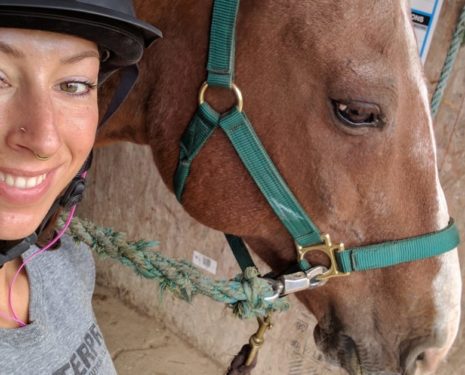
I ended up looking for the lightest-weight helmet I could find, with a slim profile to reduce further strain on my neck. I took a chance on the Troxel Intrepid and was not disappointed.
I had more luck, in that my horse was already well trained in lunging, so I didn't have to be too worried about him spooking unexpectedly or taking out his energy at the end of the lunge line. Even still, holding and maneuvering the weight of a lunge line and whip were major hurdles that only came with time.
Once in the saddle, I kept things slow in the beginning. Walk only. Working at a good walk can actually be really beneficial for your horse, so I didn't feel like I was cheating him in this respect. But it was also frustrating at times when all you want to do is get out for a good run in an open field. That wasn't happening anytime soon.
I also had to rely heavily on my seat and leg aids, because even the weight of the reins in my hands was tiring. I'd get done with a 15-minute ride, and just holding the reins for that long felt like I'd finished swimming a few miles at sprint pace.
I still rely as little as I can on reins, while I use them it is with very little pressure on them. I don't consider riding a resource for increasing my upper body strength.
I'm very grateful for all the time I had before the injury, to develop an independent seat. In that area, I have felt absolutely confident when riding after the injury, without significant fear that I should have an unexpected fall. The biggest concern I had was whether I'd be able to use my reins, and should the horse spook if I'd trigger additional muscle spasms in my neck leading to further pain.
I'm not real keen about hopping on and riding just any horse now. I enjoy working with my own horse, Jobi, who I've had the opportunity to know for 17 years! But I avoid the chance to ride other people's horses, being much more protective of my own physical well being. I don't know how they'll react under saddle, and it's more likely their owner is asking me to ride them because they're having some issues they want help with. It's rare someone wants me to ride a perfectly well-trained horse!
I also find a lot more enjoyment in ground work, especially lunging and developing a horse's gaits.
What About Reinjuring Your Neck?
Yep, it happens. The first few years it seemed like I was pulling a muscle in my neck every week. Now it's much more manageable.
I did experience a major setback earlier this year when a chiropractor unexpectedly adjusted me with significant force. She actually gave me whiplash with the adjustment.
I was back to daily migraines and severe neck pain for months. There were literally times I sat down and just bawled my eyes out the pain was so intense, and there was almost nothing I could do to mitigate it. I wasn't sleeping and struggled to work every day. My neck muscles were in active spasm, which meant no direct massage. This time around, I live in Washington state where Cannabis is legal, so I coped with the worst of the pain by taking CBD oil.
Many thanks go out to my mom who tracked down a fantastic bodyworker in my area who I still go to regularly for CranioSacral Therapy. These sessions were a major turning point in providing me with long-term relief and recovery from the secondary whiplash injury.
Coincidentally, my mom also suffered a broken neck, several years before my own. Hers was actually broken during a chiropractic adjustment, and unfortunately, she suffered much worse pain and long-term side effects than I did with my injury.
I'm also at an advantage of having been a Massage Therapist in the past, so once the spasms subsided I was able to do self-massage on my neck to resolve trigger points that were causing headaches.
What Part of Your Neck is Broken?
All of it?
Okay, so not literally all of it. The actual break I was very lucky on. I completely broke off the spinous process at C7. This is the bony extension of your vertebra and is a major attachment point for various muscles.
When my neck was reinjured by the chiropractor earlier this year, it coincided with me finally having good medical insurance. It's been a long time, and something I didn't have when I first broke my neck.
So I took advantage of the premiums I've been paying and got a full work-up. Radiographs, MRI, consultation with a surgeon, the works.
These confirmed what I had already suspected, that the break was at C7 and likely isolated to the spinous process — the bony point on the back of my neck that was no longer where it should be.
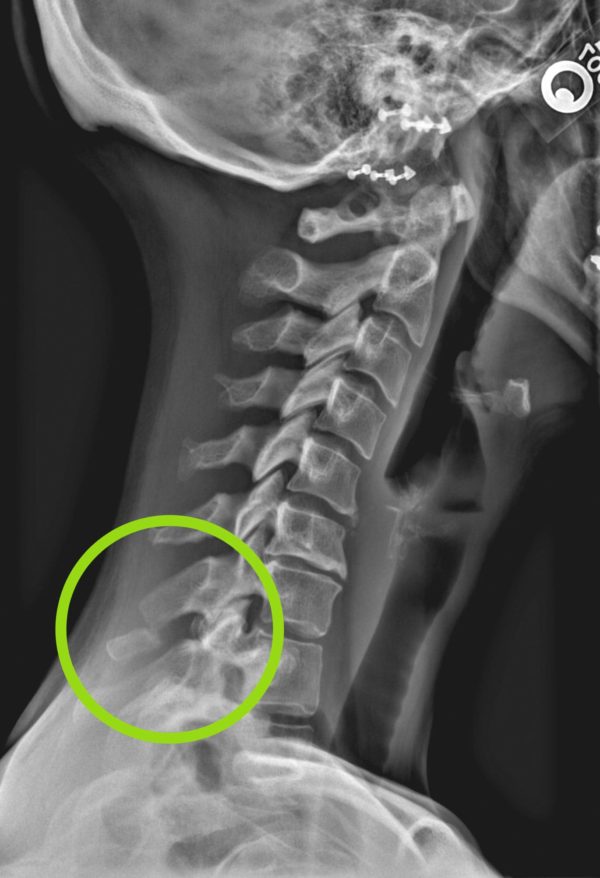
Yeah, the image above is my own neck. Pretty frightening stuff! I was more surprised by all the other things going on than I was by the confirmation of the break.
I have a reverse curve, which I figured was quite likely from all the whiplash injuries I've experienced over the years. However, the disk degeneration really hit me hard. I was pretty depressed for weeks after seeing the radiographs for the first time.
The MRI showed I have some disk bulging going on as well in the same region (C7 – C5), but right now I'm (thankfully!) not a candidate for surgery.
What's Your Biggest Struggle Right Now?
Hands down, I would say the biggest day-to-day hurdle for me is regaining strength in my upper body. It's amazing how much muscle you lose when you're unable to lift even 1lb for several years straight.
Especially my smaller muscles, those involved in posture and normal day-to-day activities. Like lifting your arms to put a glass in the cupboard, even that was too much for me to do for a few years!
Once you lose that muscle and are still coping with the risk of pain if you overdo it, making significant progress becomes a real challenge. On top of that, I have pre-existing food allergies and digestive issues that make it a struggle at times to consume enough protein every day to support more intense upper-body workouts. So there is a real balancing act in trying to regain strength and make sure my body has the nutrition needed to do so, and not overworking to trigger pain that puts me out of commission for days.
I was very lucky I didn't suffer any nerve damage from the injury. I was surprised about the amount of coordination I lost from muscle apathy. I've had to be very conscious of what I'm doing with my arms and upper body after the injury just to know where I am in space and time, that was second nature to me before the injury.
Despite all of this, I'm still enjoying the best rides of my life!
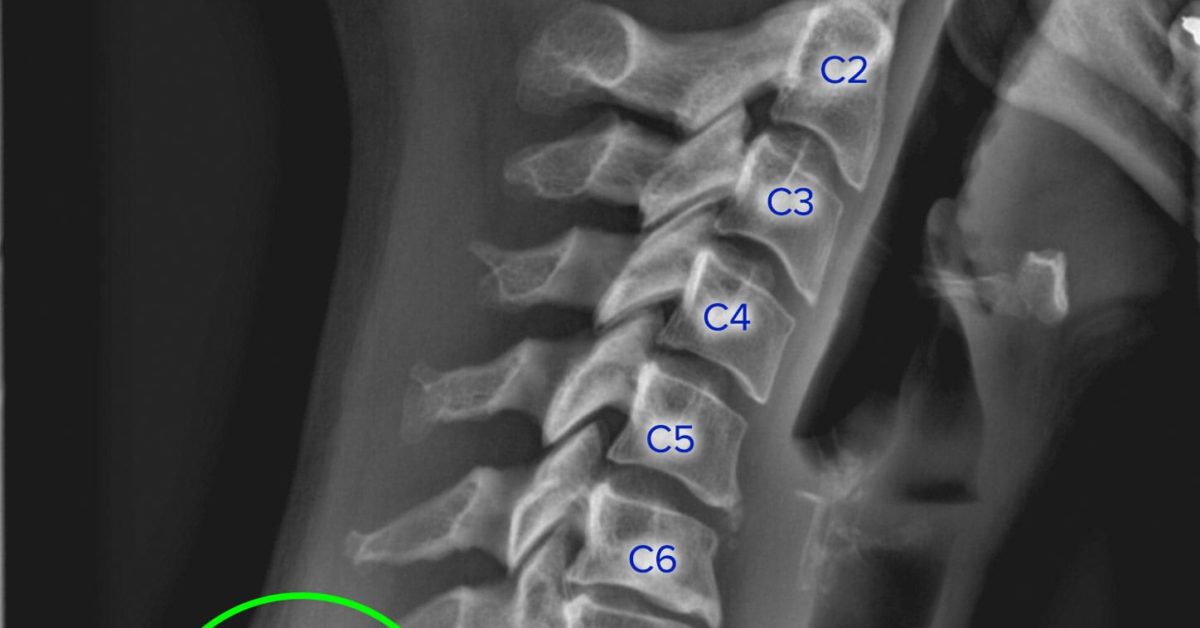
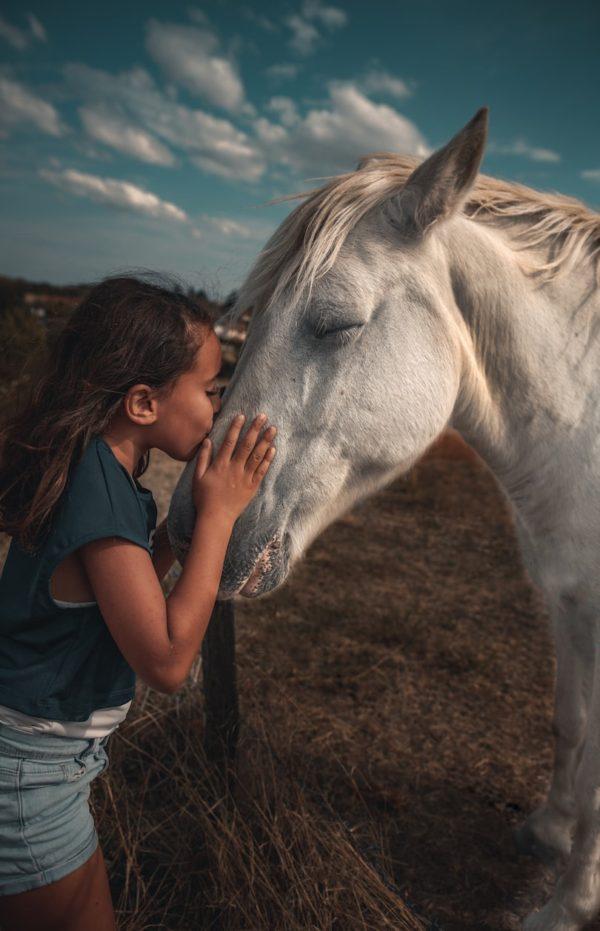
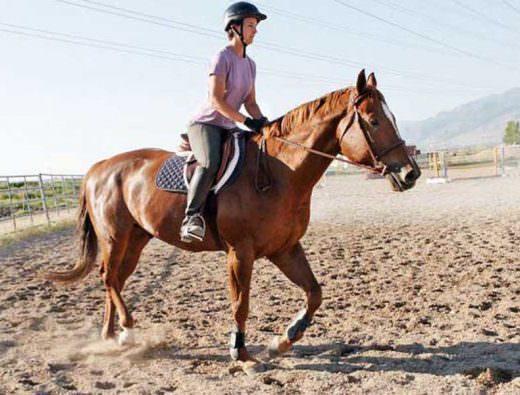
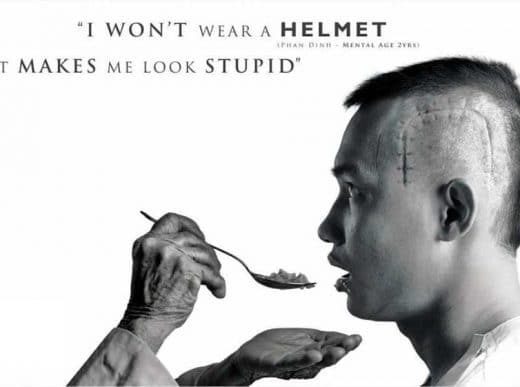
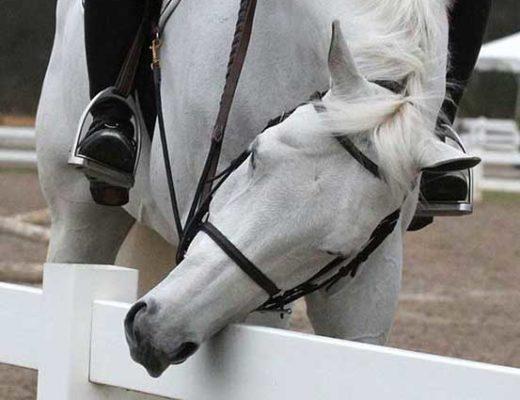
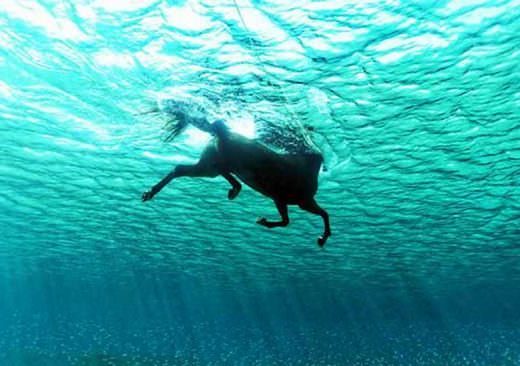
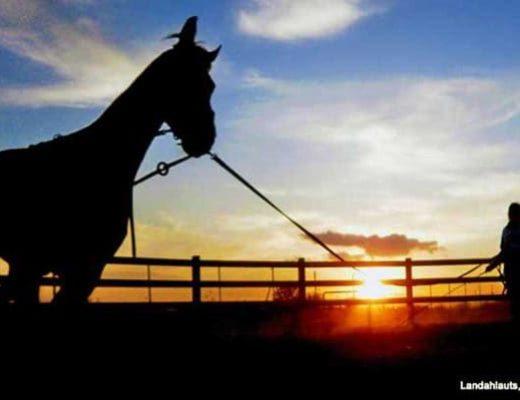
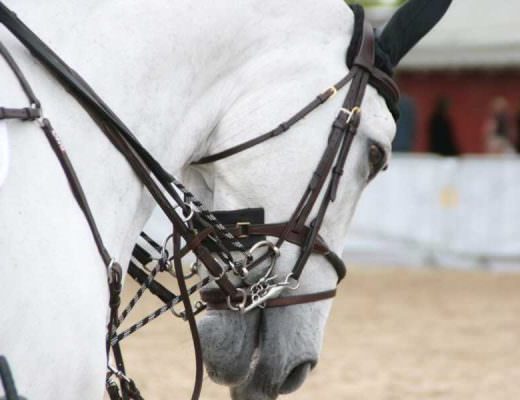
Love you Erica, and so glad things have gotten better for you!